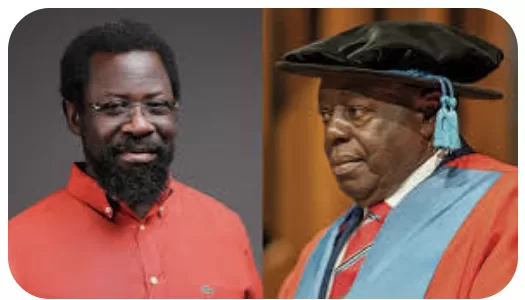The Chairman of the Federal Inland Revenue Service, Zacch Adedeji, has assured stakeholders that four tax bills currently before the National Assembly will not impact the operational functions or funding of Nigeria’s federal revenue-generating agencies.
This statement was made during a meeting with officials from the National Agency for Science and Engineering Infrastructure, the National Information Technology Development Agency and the Tertiary Education Trust Fund at the FIRS Revenue House in Abuja on Wednesday.
Adedeji dismissed the concerns as “misplaced,” explaining that the proposed renaming of the FIRS to the Nigeria Revenue Service is not intended to result in the takeover of other federal agencies, contrary to speculation.
Instead, he assured attendees that the reforms are part of a broader strategy to streamline the nation’s fiscal framework and enhance operational efficiency.
“I want to assure you that there is nothing in the bills that will reduce your funding, effectiveness, or efficiency. What we have in the bills are provisions that will help us in laying a solid foundation for your sustainability,” he said.
Adedeji further clarified that the Federal Government’s intention is “to enhance tax efficiency” and “ease compliance levels,” enabling agencies to focus more on their core functions.
“The bills, when passed into law, will give various agencies the opportunity to focus on their respective functions rather than bothering about revenue collection,” he explained.
He also addressed concerns about the potential reduction of agency roles, stating that the reforms align with President Bola Tinubu’s administration’s efforts to harmonise Nigeria’s tax laws, which currently include tax provisions across multiple agency statutes.
“The laws that set up these agencies, commissions, and boards have tax provisions embedded in them, and these provisions must be implemented. So, when people carry out their constitutional roles as stipulated in their acts or laws, you can’t say what they are doing is illegal.”
Adedeji noted that the reforms aim to “bring us up to date, to actually show the reality of what we do now and also to stimulate economic activities.
“For us to be competitive and be able to convince business people around the world that Nigeria should be their preferred investment destination, we have to do it in the best way.”
The agency heads also highlighted their mandates and contributions to Nigeria’s development agenda, with all parties expressing optimism that the reforms would support sustainable growth.











